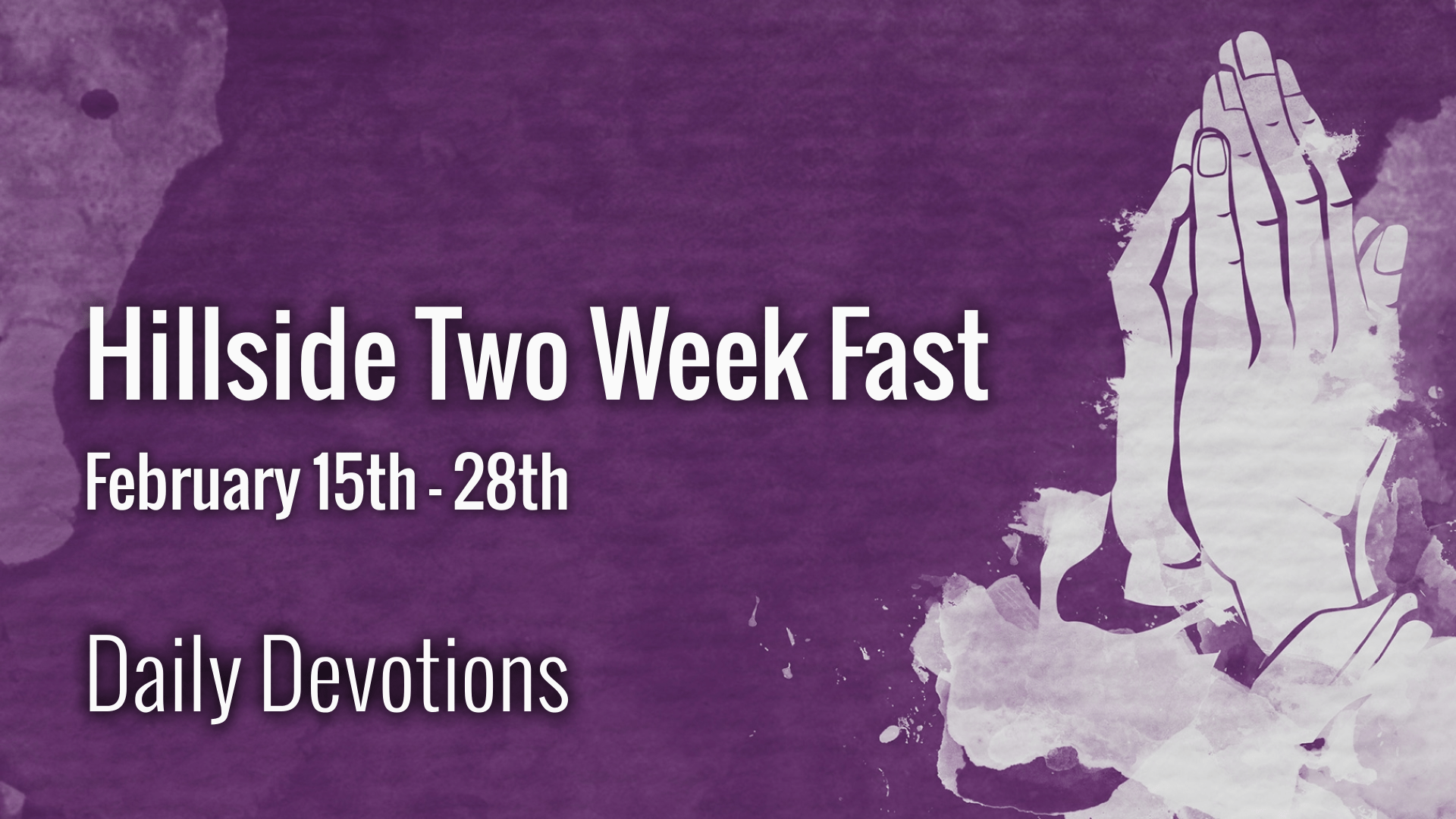
The one thing I do in the fast is that I limit all secular media and quite honestly, it is almost like a detox for my soul. One of the big parts of any fast is focusing on God. There is a struggle that we have on a regular basis. It is to be in the world but not “of” the world. Jesus says this:
John 17:14-15 (ESV) I have given them your word, and the world has hated them because they are not of the world, just as I am not of the world. 15 I do not ask that you take them out of the world, but that you keep them from the evil one.
Jesus is speaking of us to God, but it is a warning for us. It is one that we have not really taken seriously. Today, we don’t mind being “of the world.” I’ll prove it. What precautions have you taken outside of church to be separate from the world? If we are honest, we allow the world in our lives in so many different ways. What I believe is that the Church (capital C) has tried so hard to reach the world that we’ve become more like it in the process. We lost the idea that we are not of the world.
So when I look at the individual, you and me, what does it mean to allow the world in? I believe that John sums it up in his first epistle and if we kept this verse in our hearts as a warning, we would be more careful about what we take in.
1 John 2:16 (ESV) For all that is in the world—the desires of the flesh and the desires of the eyes and pride of life—is not from the Father but is from the world.
When we think about this as a baseline for what we take in, almost all of this begins with what we see. The desires of the flesh could be lust, food, drink. We see these things and we desire. The desires of the eyes could be material possessions, conveniences or even luxury. Again, we desire these things. Pride of life can be ambition, power, admiration, achievement and our desire of these sets the focus on ourselves.
The commonality here is desire. Food isn’t bad. We need food to live, but what do we desire? Having a home is not bad for example, but when we desire possessions, we will find ourselves worshiping at the altar of possessions. The pride of life is an interesting one. It is the most blatant attempt for us to worship ourselves. We are literally living for our own glory in pride. In the Young’s Literal Translation, the word is “ostentation of life.” It is a pride that intends to impress or attract notice. All of this leads to some form of worship, even if we are worshiping ourselves.
Almost every unhealthy desire we take in begins with what we see, and we cannot escape worldly imagery. It’s right in front of us… every day. So, what do we do? We often can’t change what we see, but we can change how we see them. One of my favorite reminders comes from a poem by William Blake. It goes as follows:
This life’s dim windows of the soul
Distorts the heavens from pole to pole
And leads you to be believe a lie
When you see with, not through, the eye.
~William Blake
The reminder is this: What we take in matters. We will see things in the world, but how we see these things determines who we become. Do we see the world “with” our eyes and allow the world to change us, or do we see “through” our eyes? Do we allow the Holy Spirit to interpret what we see and what we put in our mind? Our actions will be an indicator of the method of sight we live by.

